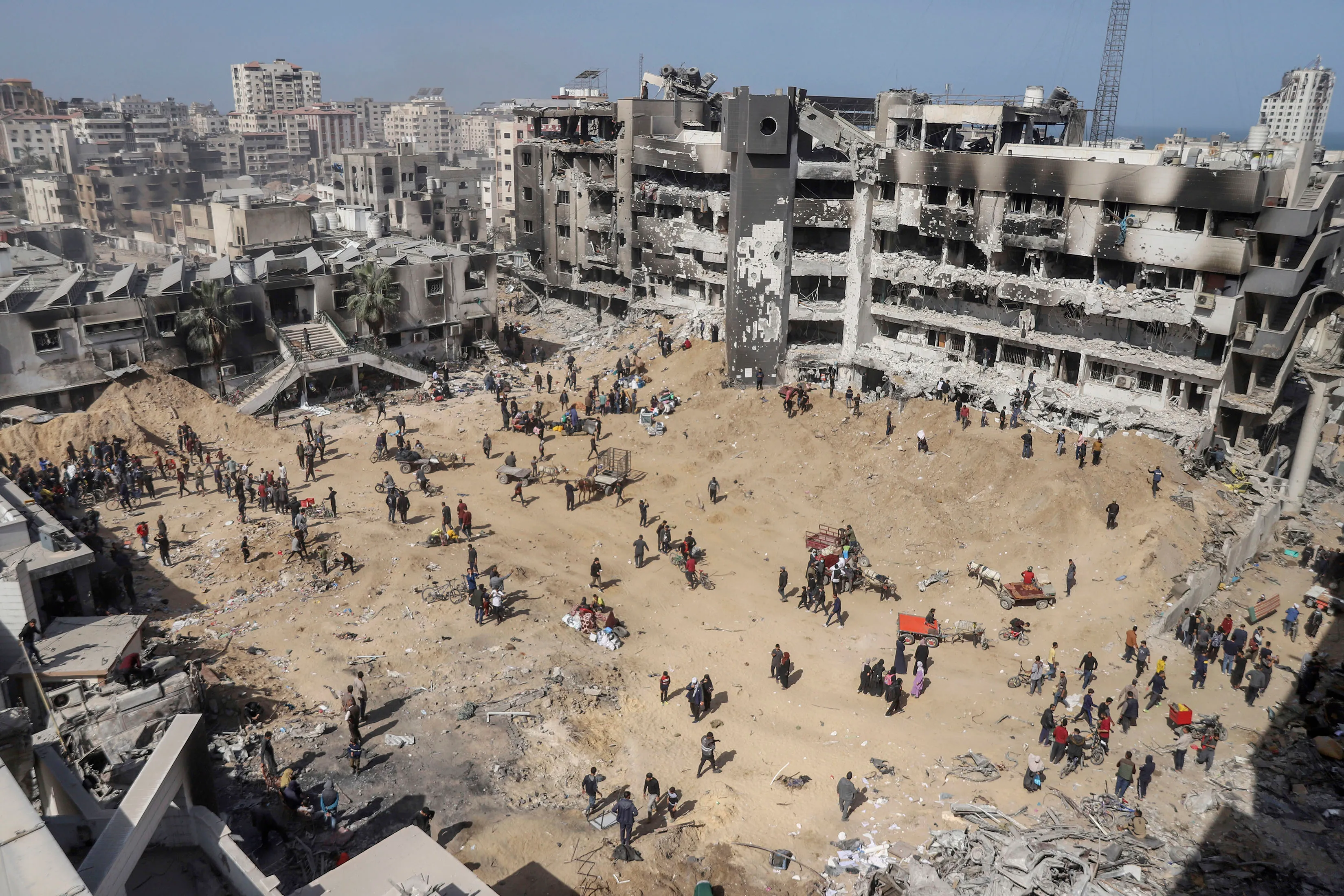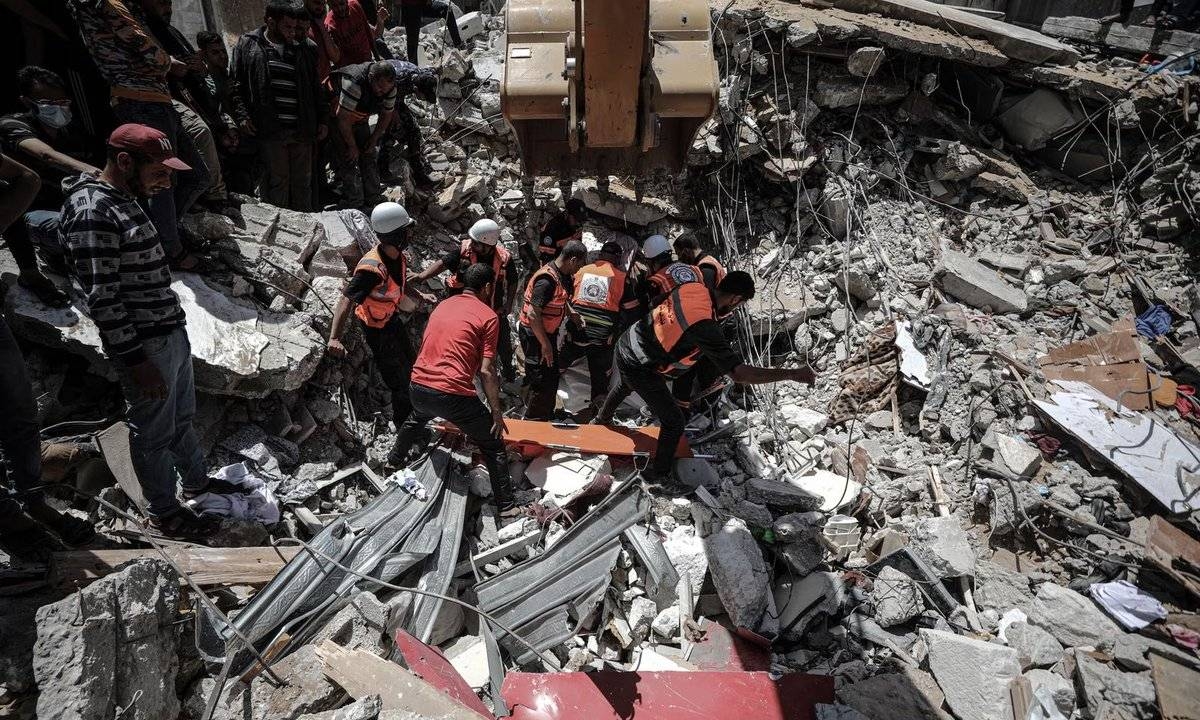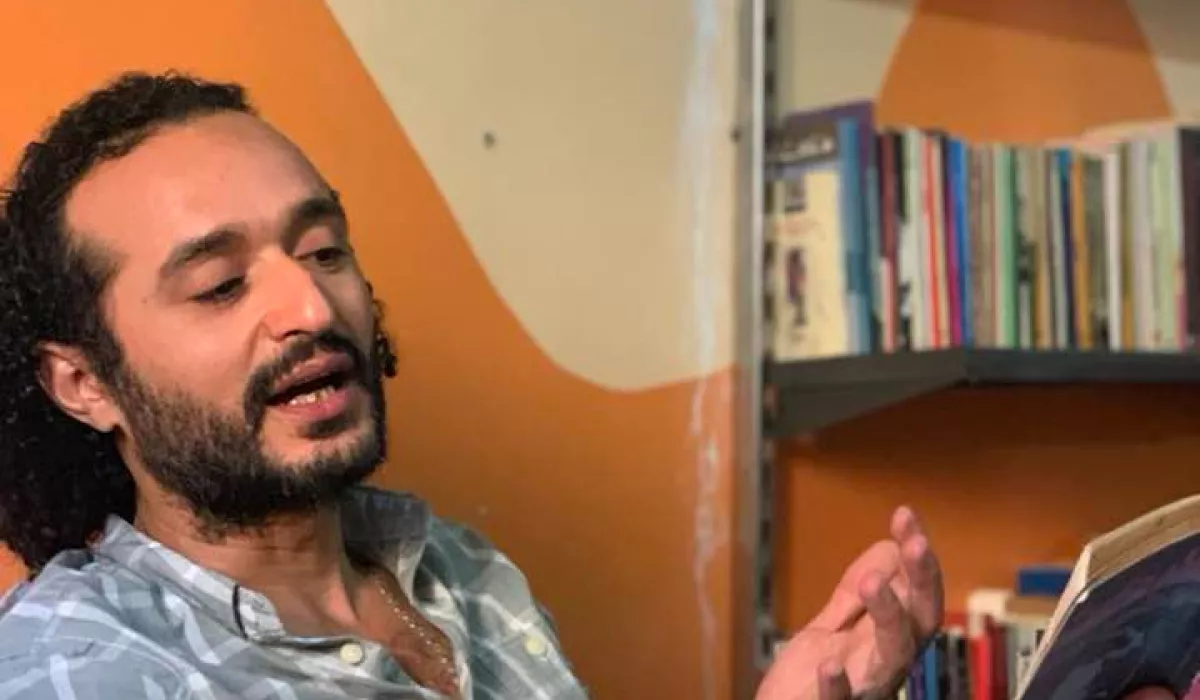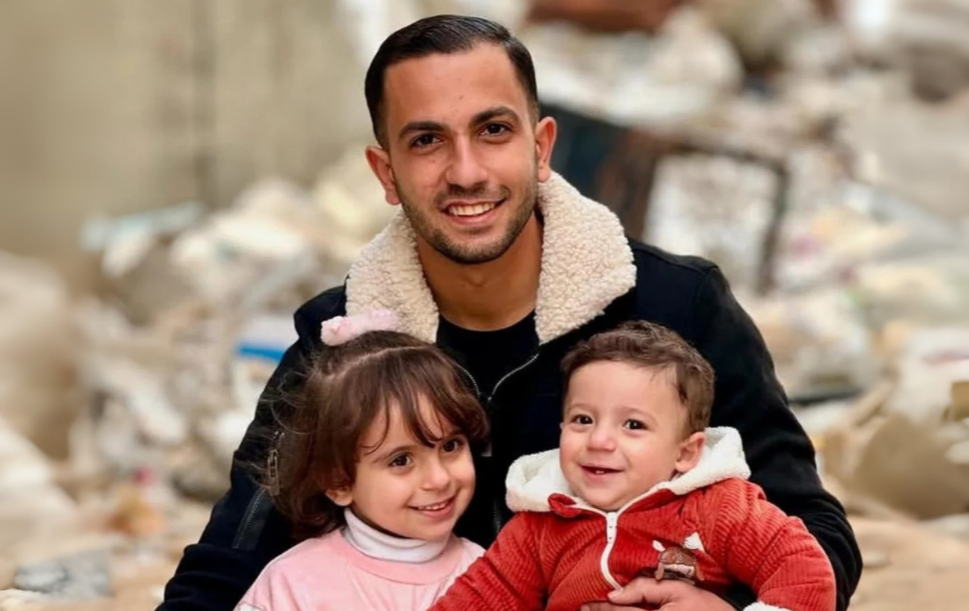
Anas Al-Sharif’s Final Testament: A Farewell from Gaza’s Frontlines
August 11, 2025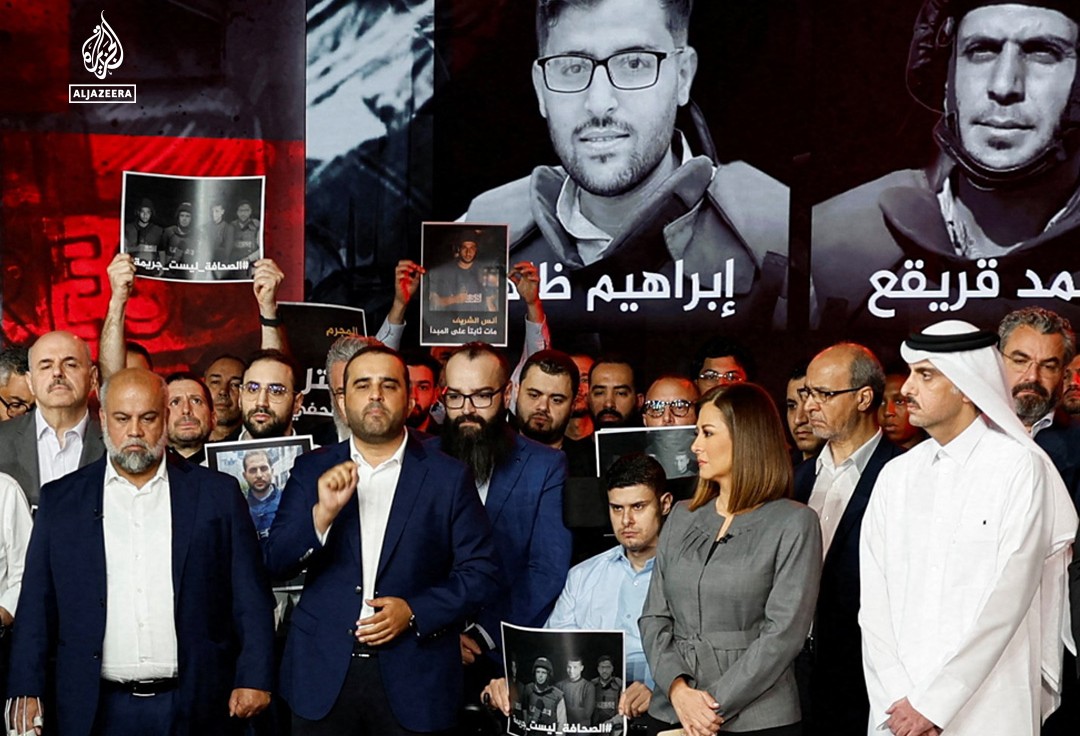
Al Jazeera Holds Moment of Silence for Journalists Killed in Gaza Strike
August 11, 2025August 11, 2025 – Palestine –
A Haaretz analysis has drawn attention to Israel’s calculated restrictions on foreign journalists in Gaza, warning that once international media are allowed in, the targeted killing of journalists will become far more difficult. The piece argues that the ongoing ban is not solely about operational security, but a deliberate strategy to maintain a shield of impunity over military actions against the press.
According to the article, local Palestinian journalists have borne the brunt of Israel’s lethal media crackdown during the Gaza conflict, with hundreds killed since the start of the war. Their deaths, often under contested circumstances, receive limited global coverage due to the absence of independent foreign correspondents who could verify events on the ground. The lack of international witnesses, Haaretz contends, allows Israel to suppress transparency and avoid immediate global backlash.
The analysis warns that the entry of foreign media would disrupt this dynamic, providing direct, independent reporting that could hold Israel publicly accountable for its treatment of journalists. International correspondents, by their affiliations, visibility, and the diplomatic weight of their home countries, would bring heightened scrutiny and make the deliberate targeting of reporters riskier, both politically and legally.
The piece also situates this strategy within a broader historical pattern: in past conflicts, foreign journalists’ presence has often curbed the most extreme measures against the press. The current blackout, it suggests, has created an information void that enables a continuation of attacks with minimal external checks.
With press freedom advocates already calling the Gaza conflict the deadliest for journalists in recorded history, the analysis frames foreign press access not merely as a logistical issue, but as a potential turning point in the war’s media landscape. It implies that transparency and accountability in Gaza hinge on dismantling the current restrictions, allowing the world to witness, document, and challenge the realities faced by journalists on the ground.
Reference –

